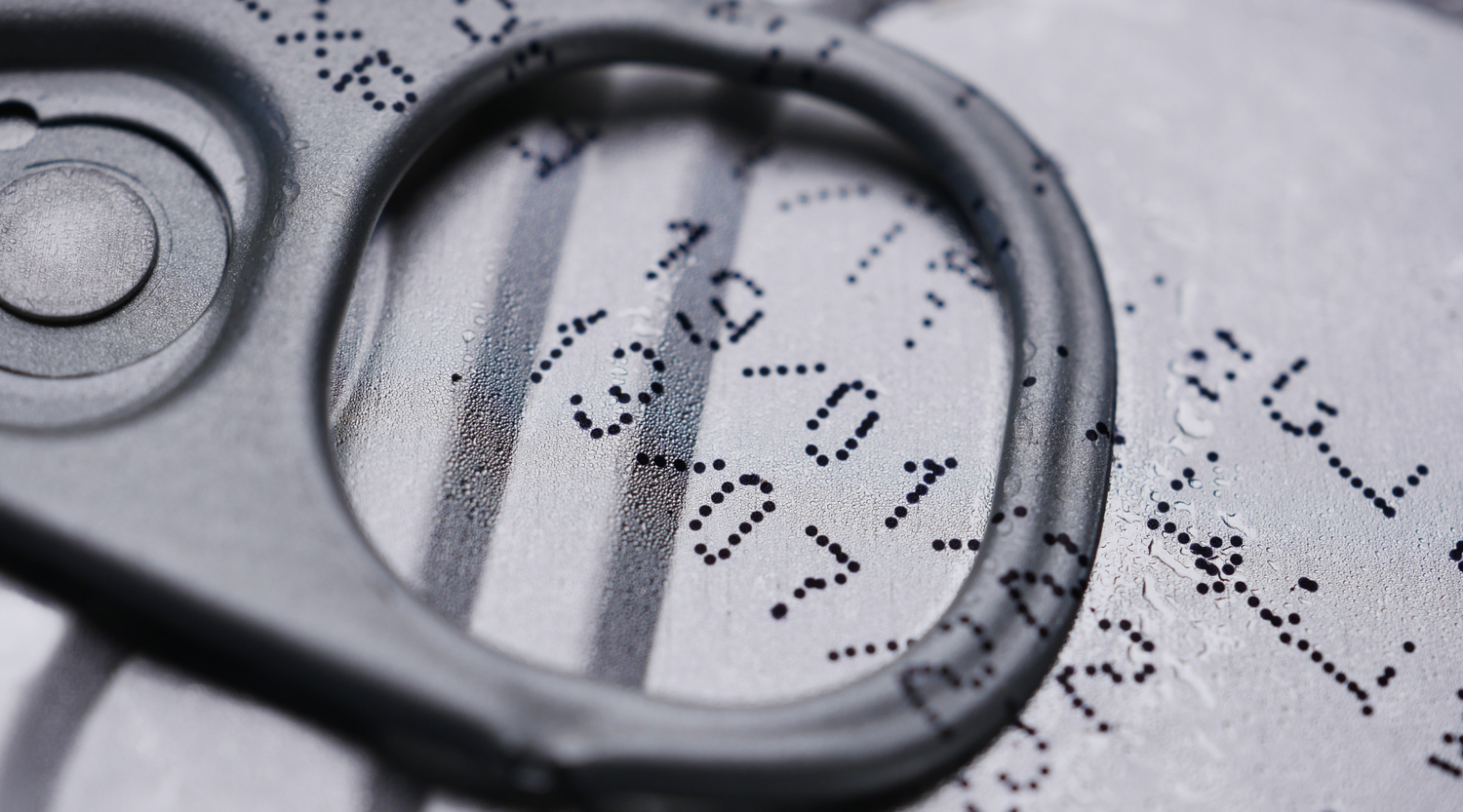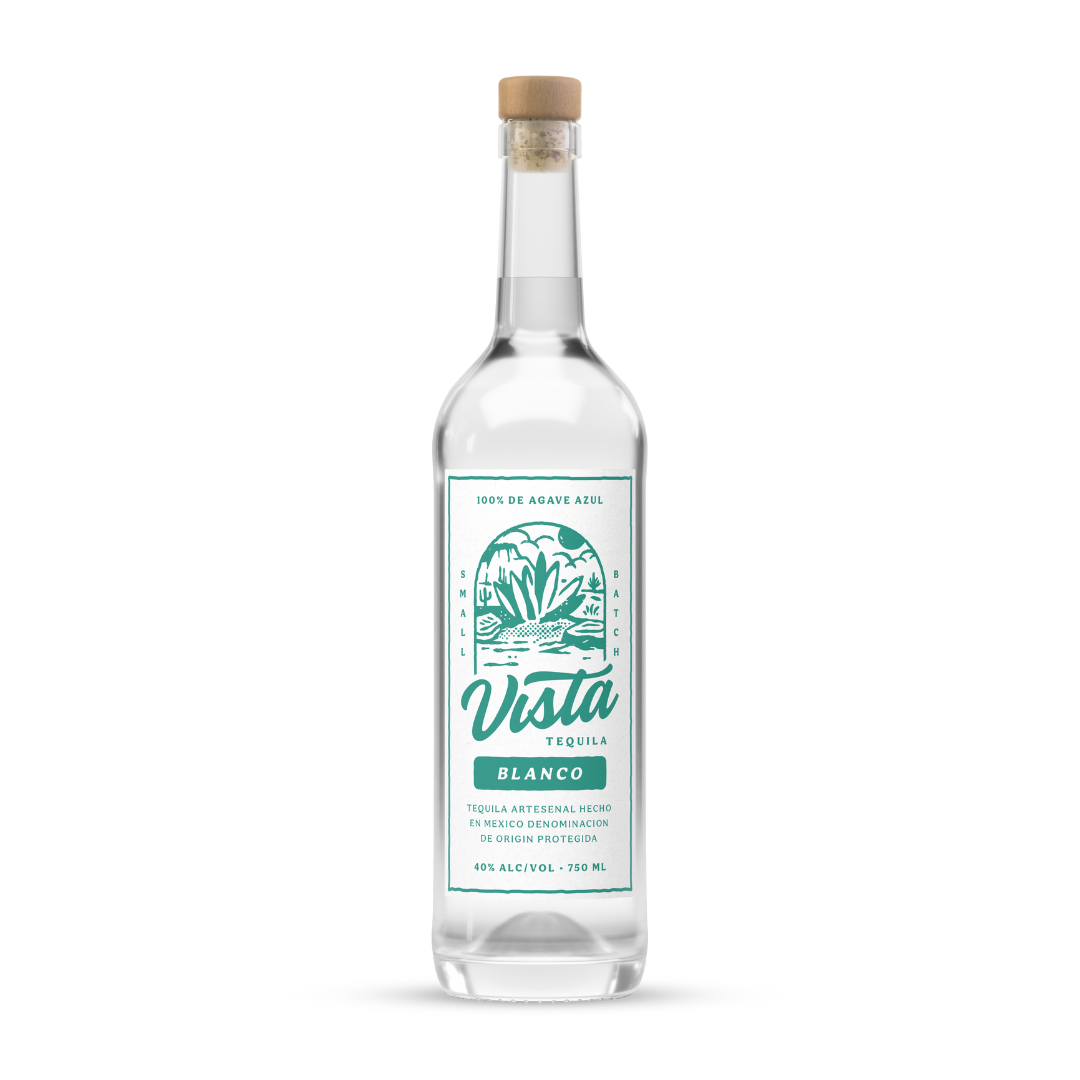Tequila, the spirit hailing from the agave fields of Mexico, has long been a favorite among connoisseurs and casual drinkers alike. Whether sipped neat, mixed into cocktails, or savored in a shot with a lick of salt and a wedge of lime, tequila has earned its place as a versatile and beloved beverage.
However, a lingering question often arises among enthusiasts: Can tequila go bad?
To unravel this mystery, we delve into the nuances of tequila production, explore the factors influencing its shelf life, and address common misconceptions.
The Foundation: Tequila's Production Process
Tequila is made from the fermented juice of the blue agave plant, primarily cultivated in the Jalisco region of Mexico. The production process involves harvesting the agave, roasting and extracting its juices, fermentation, and finally, distillation. The resulting liquid is aged, or not, depending on the type of tequila being crafted.
Types of Tequila
Tequila comes in various forms, each with its distinct characteristics and aging processes. The three main categories are Blanco (unaged), Reposado (rested for 2-12 months), and Añejo (aged for 1-3 years). The aging process occurs in barrels, typically made of oak, which contributes to the flavor and color of the final product.
Does Tequila Have an Expiration Date?
Unlike perishable goods, tequila does not have a strict expiration date. However, its quality and flavor can be influenced by several factors. Exposure to light, temperature fluctuations, and the type of storage container can all impact the beverage over time.
Light and Temperature: Tequila's Adversaries
Tequila is sensitive to both light and temperature. Exposure to sunlight can lead to the degradation of the liquid, resulting in changes to color and taste. It is advisable to store tequila in a cool, dark place, away from direct sunlight, to preserve its integrity.
Extreme temperature fluctuations can also affect tequila. Fluctuations between hot and cold can cause the liquid to expand and contract, potentially impacting the quality of the spirit. Storing tequila in a consistent and moderate environment is key to maintaining its excellence.
Storage Containers Matter
The container in which tequila is stored matters. If your tequila is housed in a clear glass bottle, it is more susceptible to light exposure. Opting for tequila stored in dark or tinted glass bottles, or better yet, ceramic containers, can offer better protection against light degradation.
Signs of Spoilage
While tequila doesn't spoil in the traditional sense, it can experience changes in flavor and quality. If you notice a significant alteration in taste, such as a pronounced bitterness or an off-putting odor, it may be an indication that your tequila has been exposed to unfavorable conditions.
Soooo, can tequila go bad?
While tequila does not have a definitive expiration date, its longevity is influenced by various factors. By understanding the production process, knowing the type of tequila in your possession, and paying attention to storage conditions, you can ensure that your favorite agave elixir remains a delightful indulgence.
So, the next time you reach for that bottle of tequila, consider the impact of light, temperature, and storage. With proper care, your tequila collection can stand the test of time, ready to be enjoyed responsibly and savored with every sip.
Hasta La Vista






